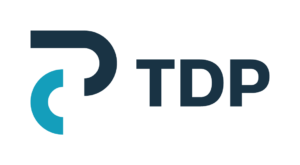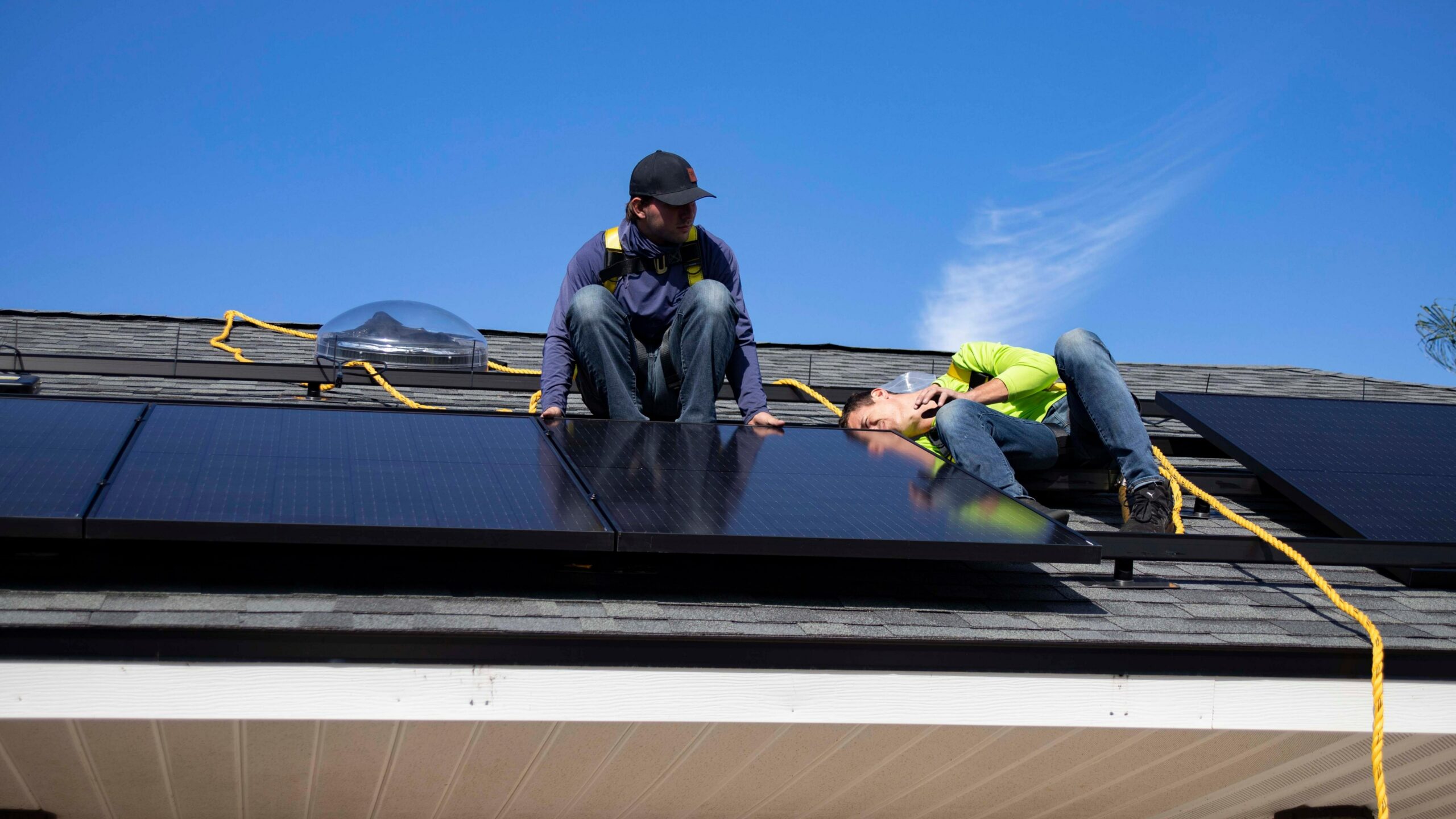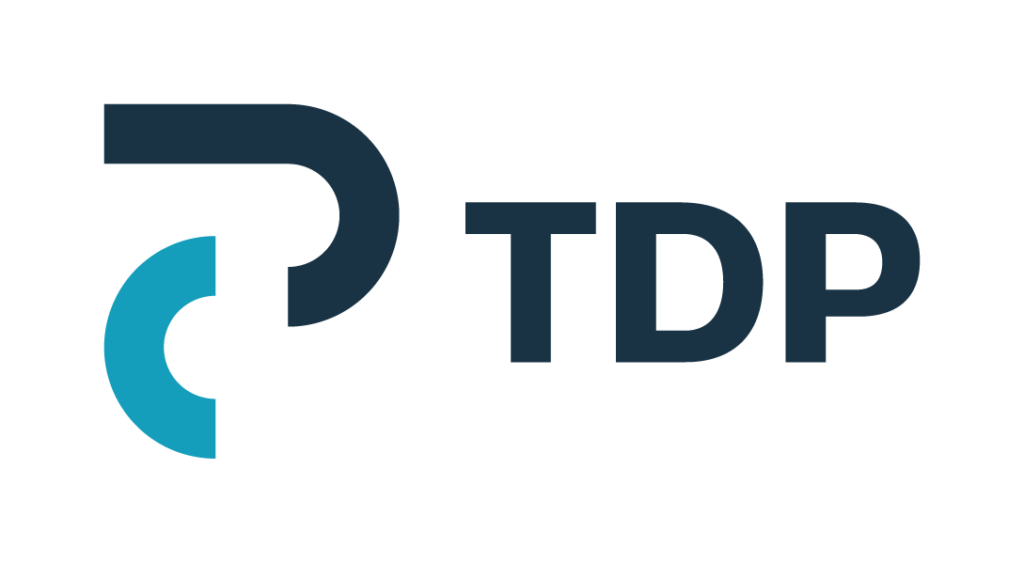Finance Minister Enoch Godongwana stated during his budget speech that South Africans will be eligible for tax rebates of up to R15,000 for solar panels beginning on March 1 2023.
How does the tax break work for individual tax payers:
-
- Those who pay personal income tax are eligible to offset their tax burden with the rebate.
-
- Solar installations on commercial properties are not eligible for this specific subsidy. Please see future posts about
-
- People are eligible for a rebate worth 25% of the price of brand-new, unused solar photovoltaic (PV) panels, up to a total of R15,000 per person.
-
- Only brand-new, unused solar PV panels are acceptable.
-
- The refund is only valid for solar PV panels with a minimum design output capacity of 275W per panel.
-
- Batteries, inverters, fittings, and diesel generators are examples of other system components that do not qualify, nor do installation fees.
-
- Portable panels will also not be accepted.
-
- The incentive is applicable to eligible solar PV panels that are installed for the first time between March 1, 2023, and February 29, 2024.
-
- Individuals can apply for the rebate if they have a VAT invoice that shows the cost of the solar PV panels separately from other items, along with proof of payment, and a Certificate of Compliance proving that the solar PV panels were first put into use between March 1, 2023, and February 29, 2024.
-
- The rebate on assessment will be available to PAYE taxpayers for the 2023–2024 filing season.
-
- Provisional taxpayers will be able to offset their provisional and final payments with the rebate.
South Africa’s new rooftop solar tax break has led many people to believe that solar energy sources are their best bet for securing a reliable power supply. But, although solar energy offers homeowners a single, cost-effective alternative, “cost-effective” does not always equate to being easily affordable.
Some of the things to consider:
-
- It is recommended that solar shoppers first complete a requirements assessment, cost it, and then study the options for financing their solar installation. This will guarantee that solar buyers do not go beyond and jeopardize their financial stability in an effort to avoid load shedding.
- Solar installation will almost surely increase a property’s resale value or appeal to potential renters, given that Eskom’s issues are unlikely to be fixed very soon. Because of this, financial institutions like banks view solar as a great investment– providing it is built properly, complies with applicable laws, and is sufficient for the needs of the home.
- There are several ways to finance solar, depending on your current needs. They include adding the cost of solar to a home loan at bond registration, extending home loans to cover the cost of installation, or financing solar as a rent-to-buy option or even on a subscription basis.
- It is recommended that you consult with friends, neighbours, and members of the community to get recommendations for businesses they have used. Be sure your installer is certified and only employs top-notch materials.
- Identify the energy requirements for your home based on previous usage trends.
- Determine whether your home can accommodate solar panels by taking into account the roof’s surface area, orientation, pitch, and exposure to the sun.
- Get the required approvals, such as those from the city, the homeowners’ association, the body corporate, etc.
- According to the size of the residence and the appliances that you want to keep running during a power outage, the storage capacity of the solar energy captured is just as important as the number of panels in a solar installation.
- Make sure your solar system is frequently maintained and insured similarly to any other home asset.
- It is also possible that surplus energy produced in the future will be sold back into the grid, which could result in a tiny return on your investment.


